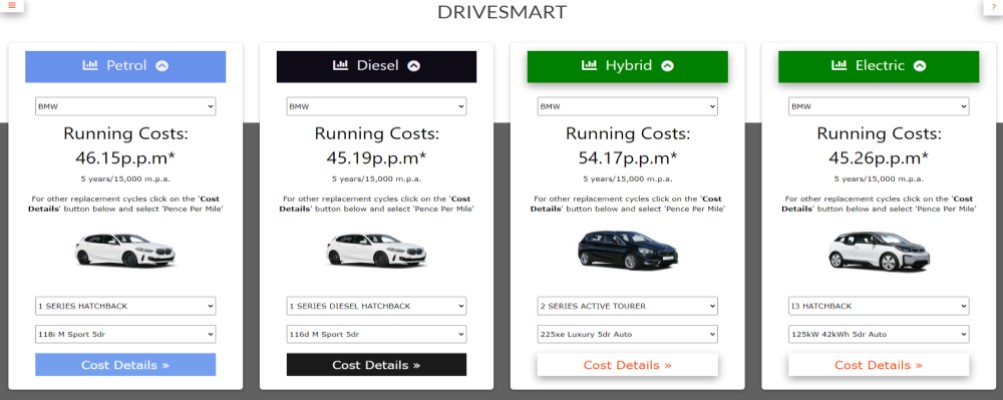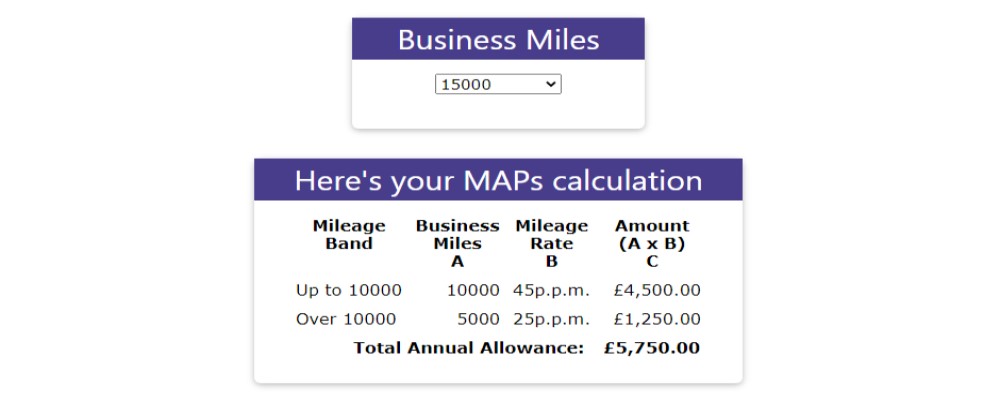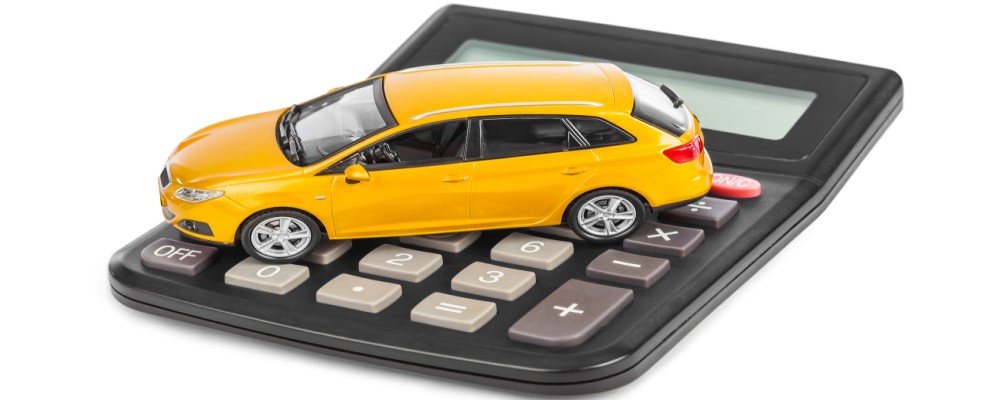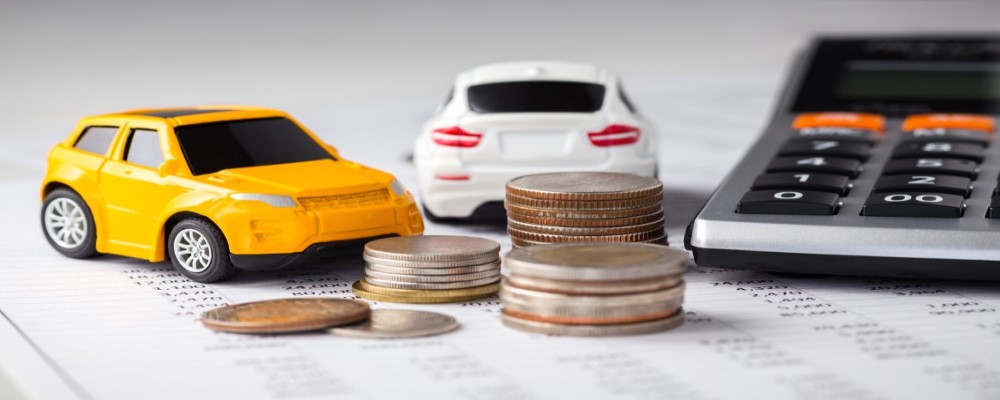CARTAXPRO: About Hire Purchase
We explain how Hire Purchase works

Hire Purchase (HP)
21 July 2020
Confused by new car finance?
We explain how Hire Purchase (HP) works
Hire Purchase has existed for a long, long time, but just because it's an oldie doesn't stop it being a goodie.
What Is Hire Purchase?
Hire Purchase (HP) is a very simple way of financing a car over a fixed period of time on a basis similar to a bank loan.
Unlike a typical bank loan though, ownership of the vehicle remains with the finance company until the final payment is made on the hire purchase agreement.
In typical hire purchase arrangements the buyer is literally hire-purchasing the vehicle, i.e. hiring it for a period of time with a view to purchasing it once the agreement is completed and the final payment made to the finance company.
Usually a deposit is required from you - typically 10% of the purchase price of the car, though it could also be a multiple of the monthly payments (e.g 3 payments in advance followed by 35 more over a 36 month agreement).
What's in Hire Purchase Payments?
Typically you've done the work in sourcing the vehicle so the repayments just cover:
- The purchase price of the vehicle (less any deposit)
- Interest charges on the amount you have borrowed
- Sometimes the finance company's profit margin (though this might be just included in the interest charges anyway)
Normally the finance company will exclude from the repayments the Vehicle Excise Duty renewals (the 'tax disc') each year over the life of the agreement, so you will have to pay for these yourself.
Advantages of Hire Purchase
Because the monthly payments include the whole price (less deposit), you repay the total amount borrowed at a faster rate than in deferred purchase plans such as personal contract purchase (PCP).
This means that interest charges are lower than deferred purchase finance (assuming the same interest rate applies) because less money is outstanding after each month's repayment than would occur in PCP.
At the end of the HP agreement you can take ownership of the car by making the final payment.
This means you are free to sell the car and you could profit from prudent management of the vehicle if it is worth more than average used cars of its age and mileage.
Disadvantages of Hire Purchase
Because the finance repayments cover the full purchase price (less deposit), rather than just depreciation (as in PCP), the monthly repayments are more than those of deferred finance plans like PCP.
If the contract is terminated earlier than expected then you may be required to pay a penalty for early termination (as compensation to the finance company for the loss in interest charges that the finance company would have received if the finance agreement had run to its full term).
Should You Lease Or Buy?
You can see the cost of buying a car on HP compared to PCP or leasing it through Personal Contract Hire (PCH) using our lease comparison tool.
Related Tools
Related Posts
What Else Do We Do?
DriveSmart has a unique suite of free online tools to help you find the right car.
Take a look at some of our amazing calculators and decision tools for new car buyers.
-
Lease or Buy?
Could you lease a new car for less than the cost of buying? Our lease calculator will work out the best finance method for you. -
ICE or Electric?
Would an electric car be cheaper than petrol or diesel? Our ICE or electric calculator compares running costs instantly. -
Cash or Car?
Could you give up your company car for a cash allowance? Our 'cash or car' calculator will tell you. -
Car Search
Find your next new car by monthly payment, standard equipment, performance, economy and more .... -
DriveSmart
Why not visit the DriveSmart website and see for yourself the amazing range of tools and analysis? We'll keep your place here while you browse.







